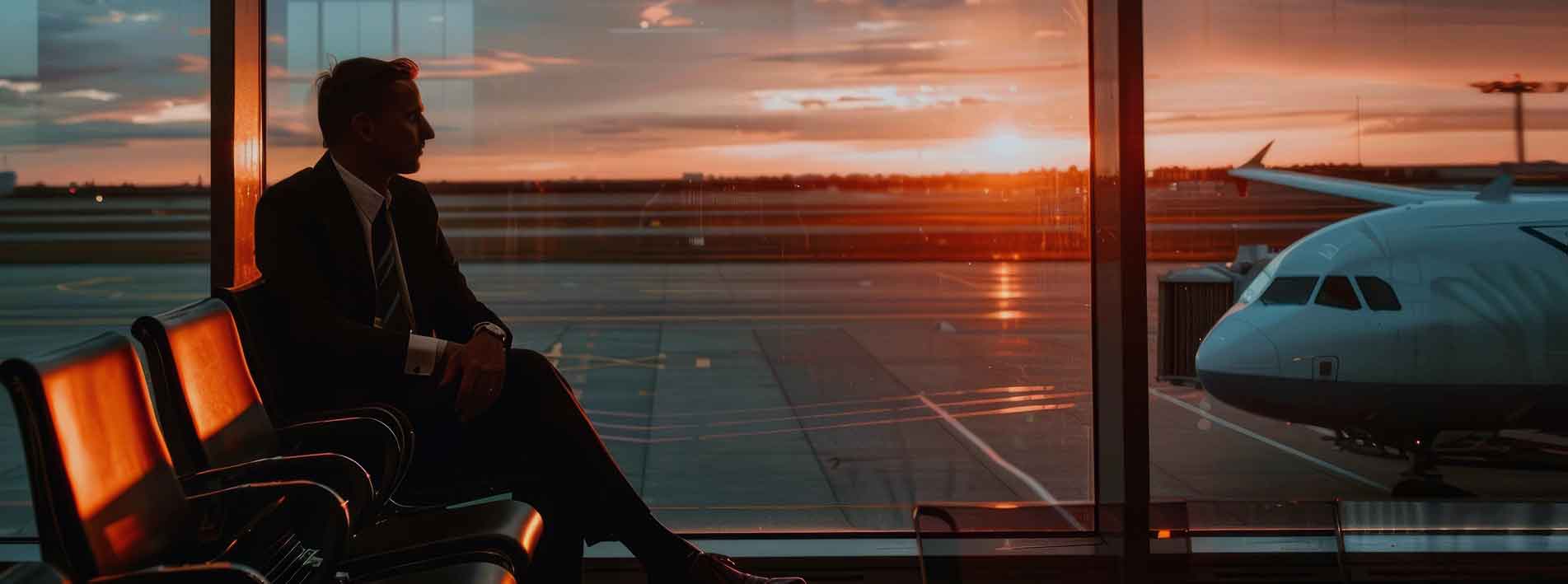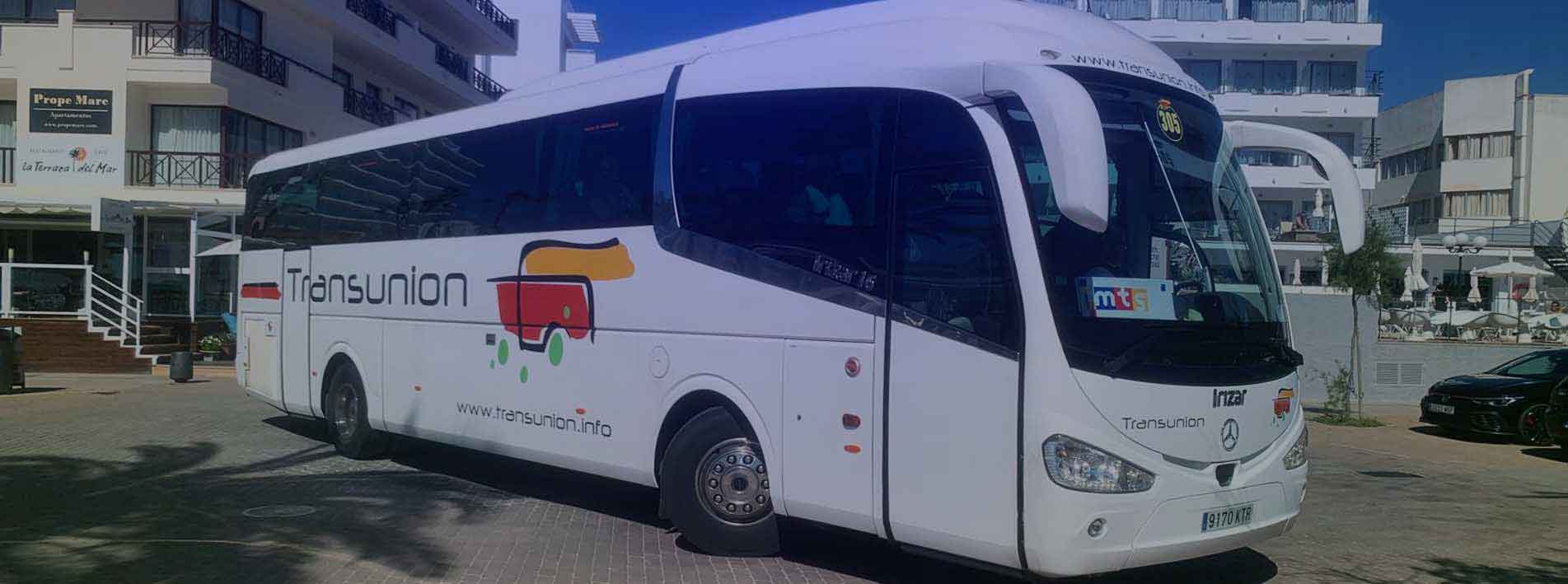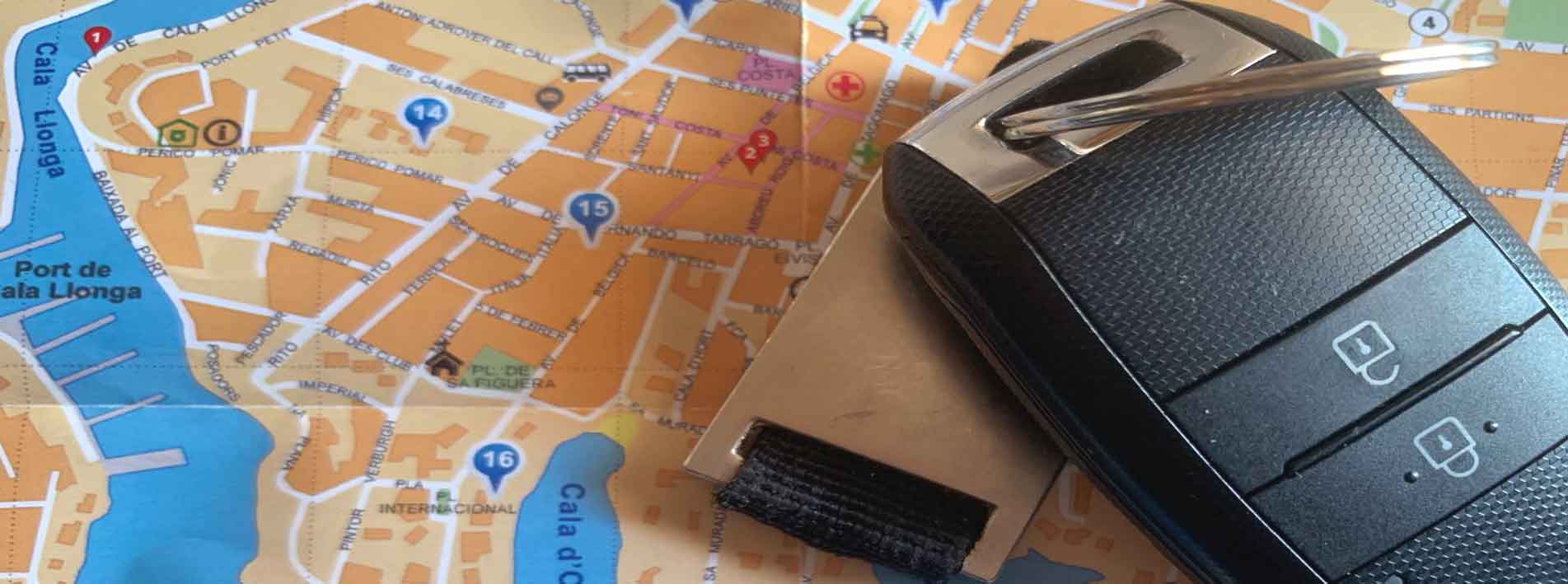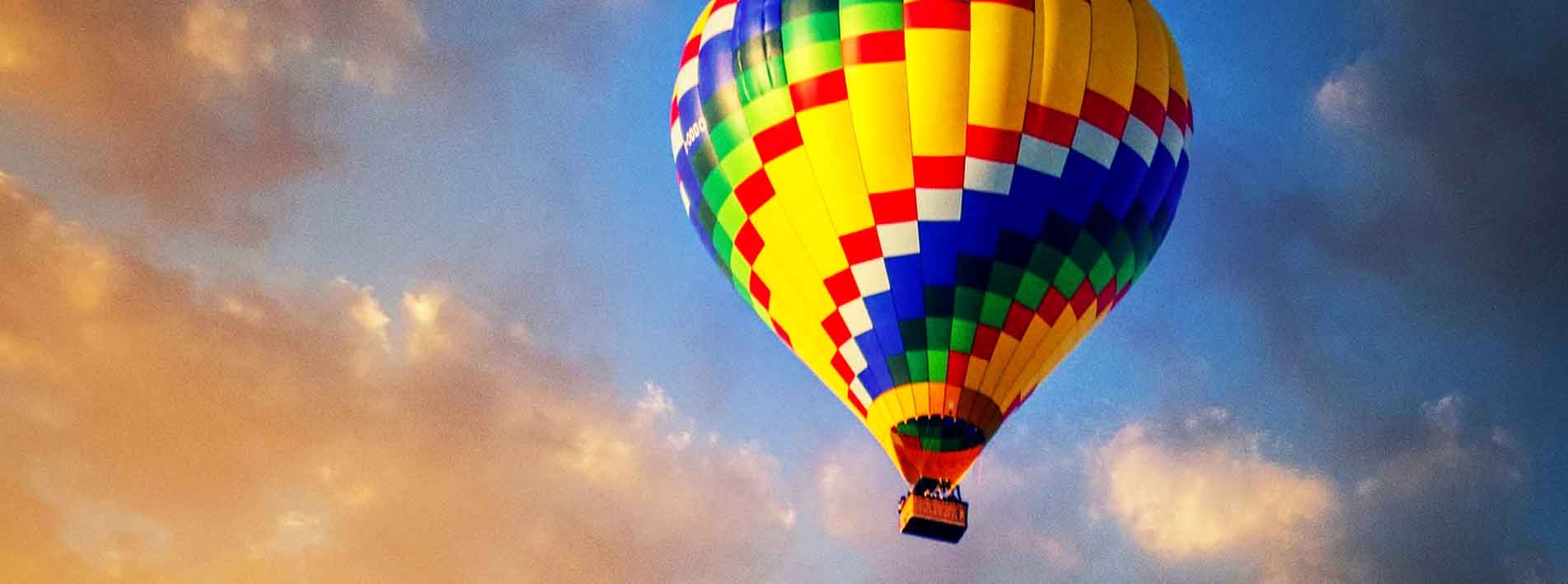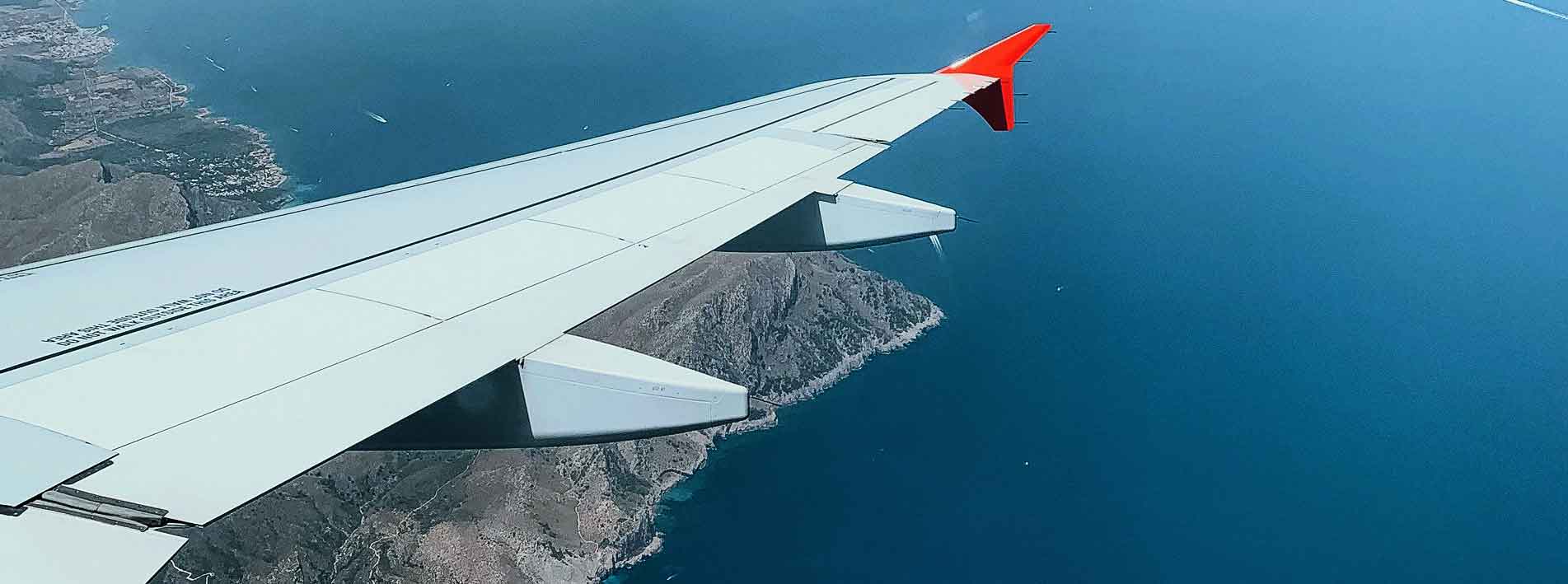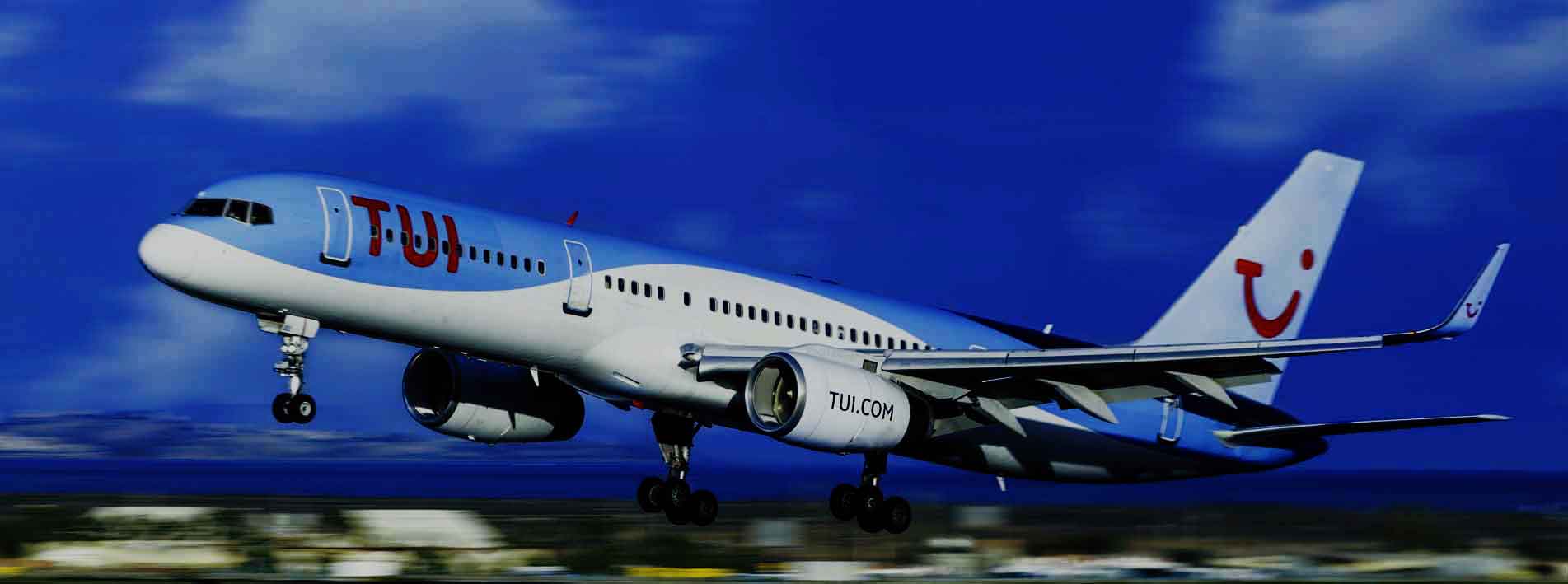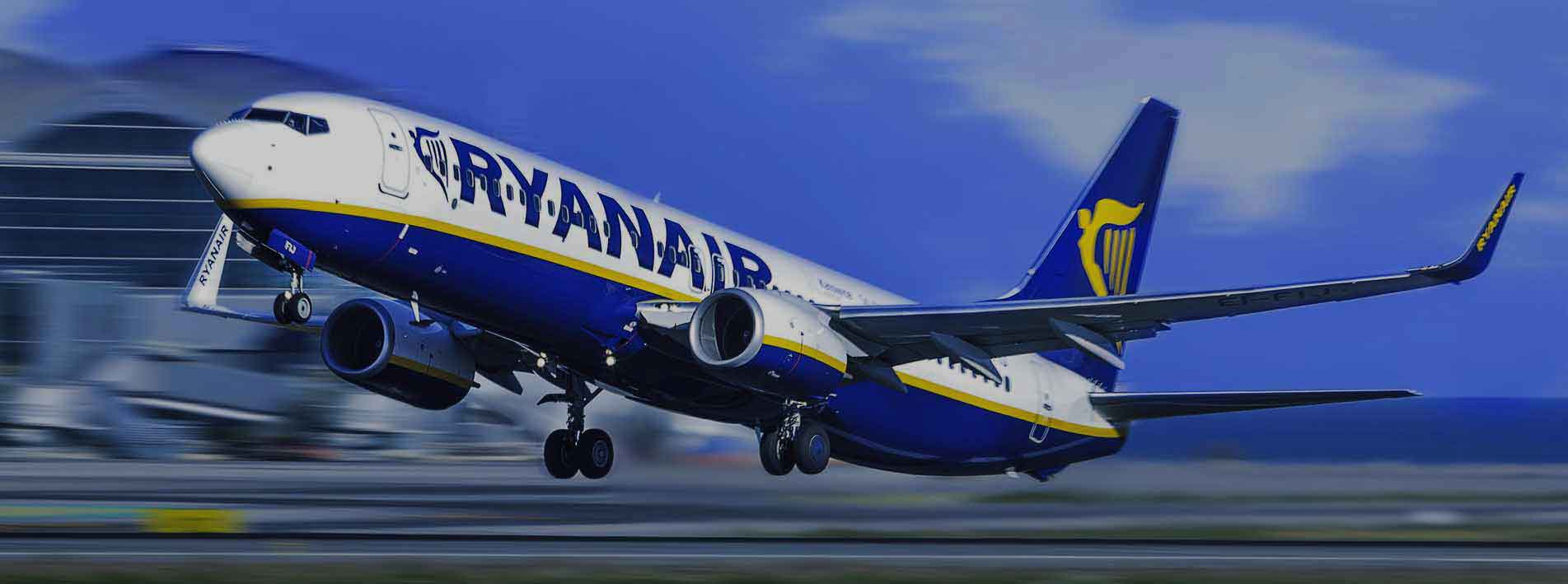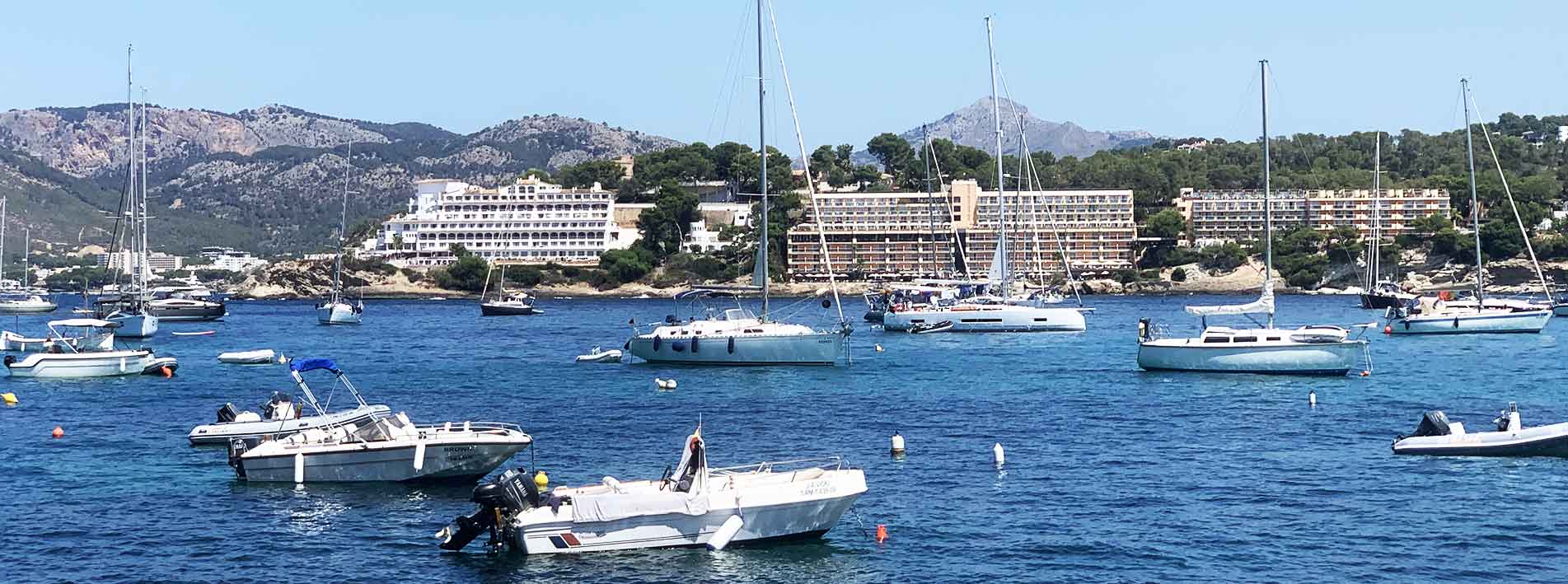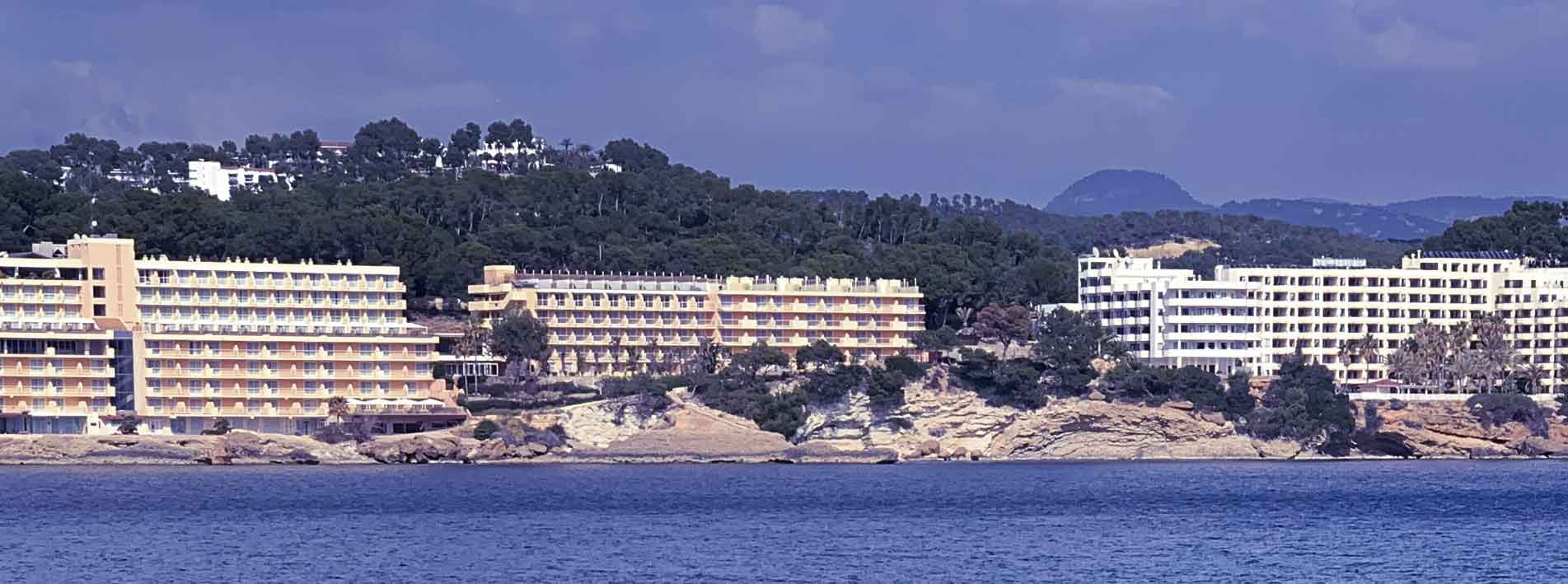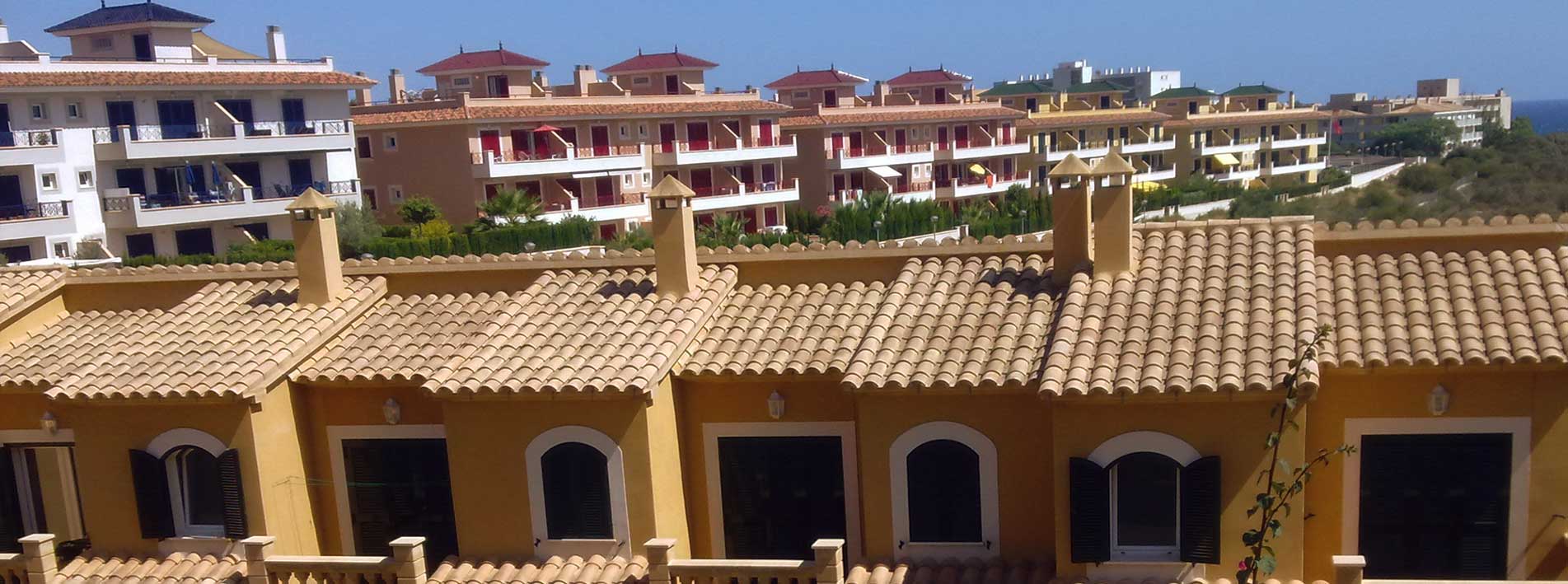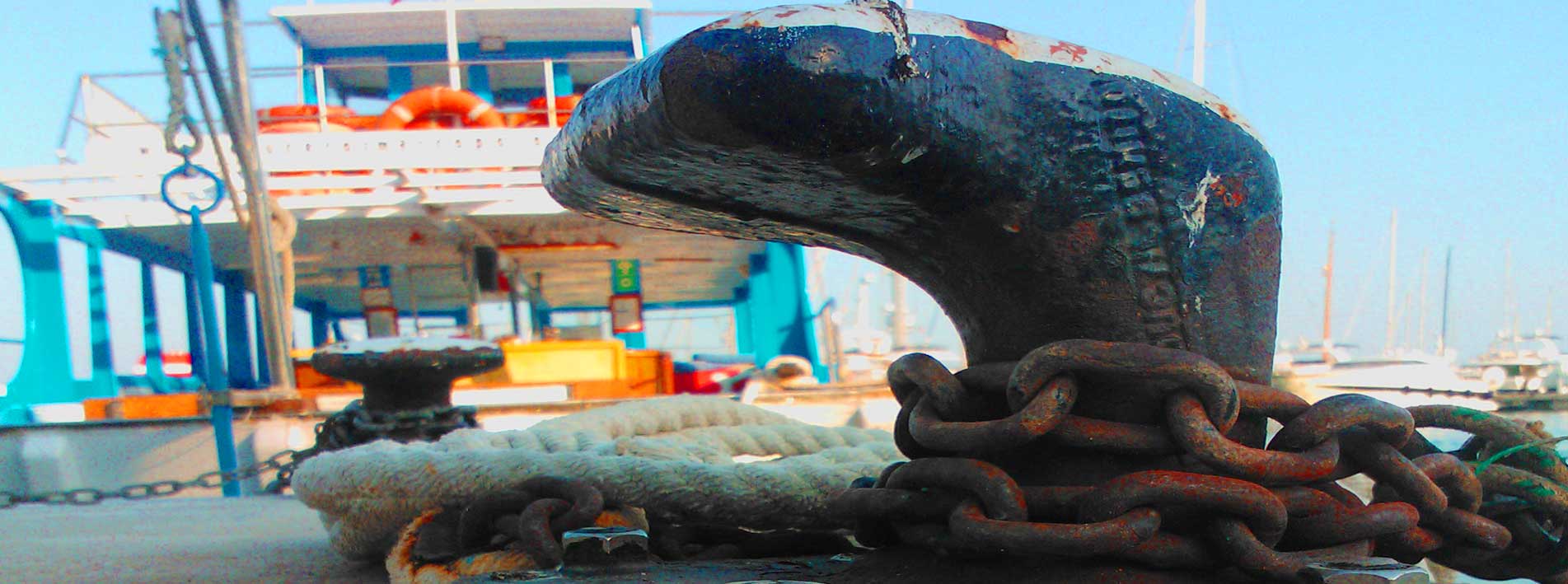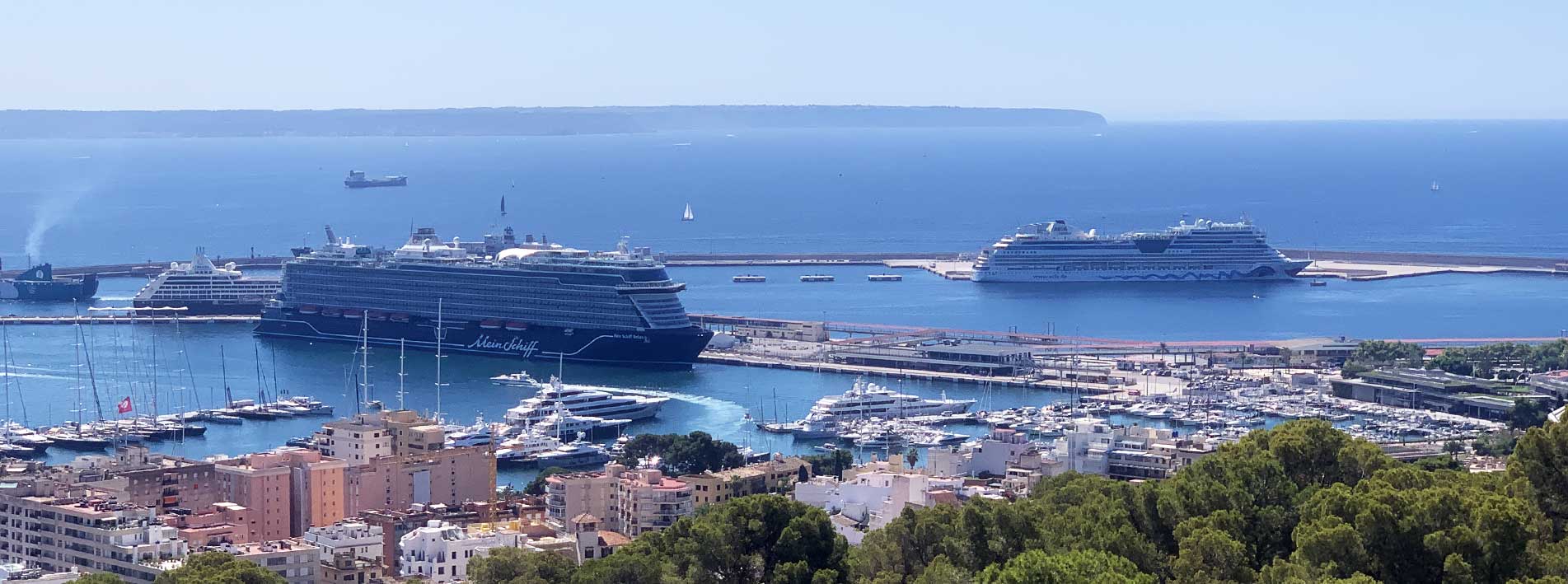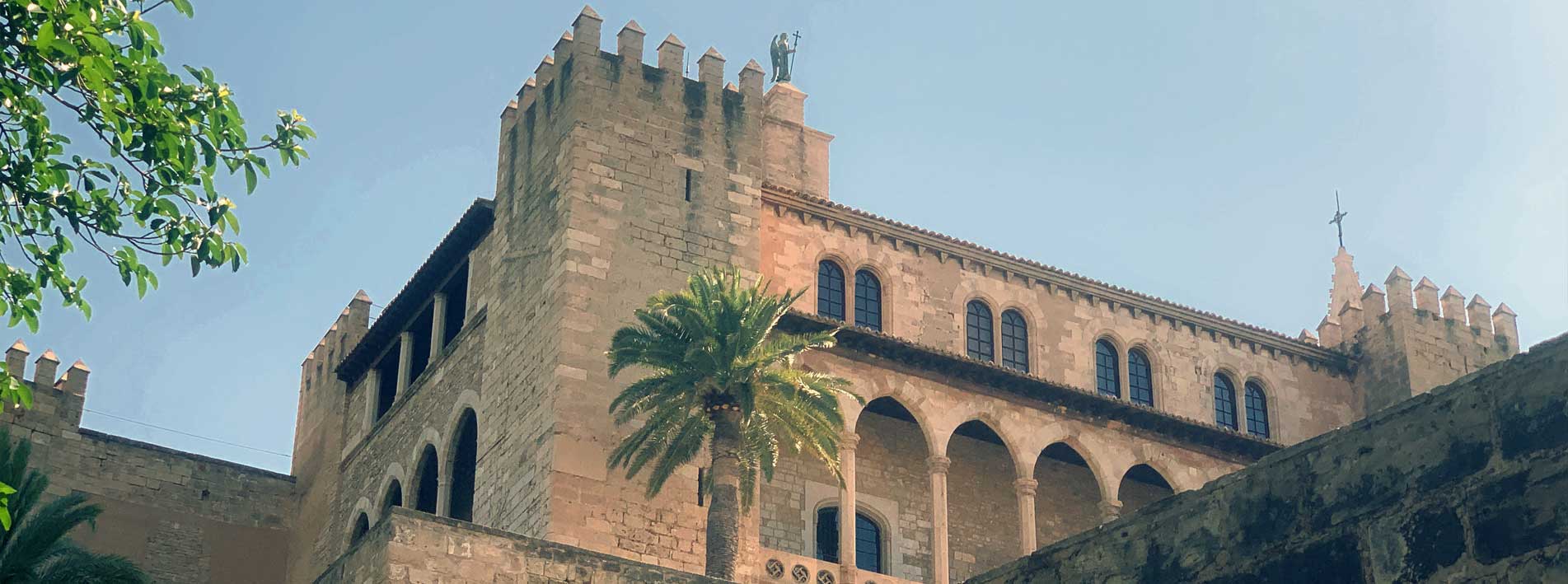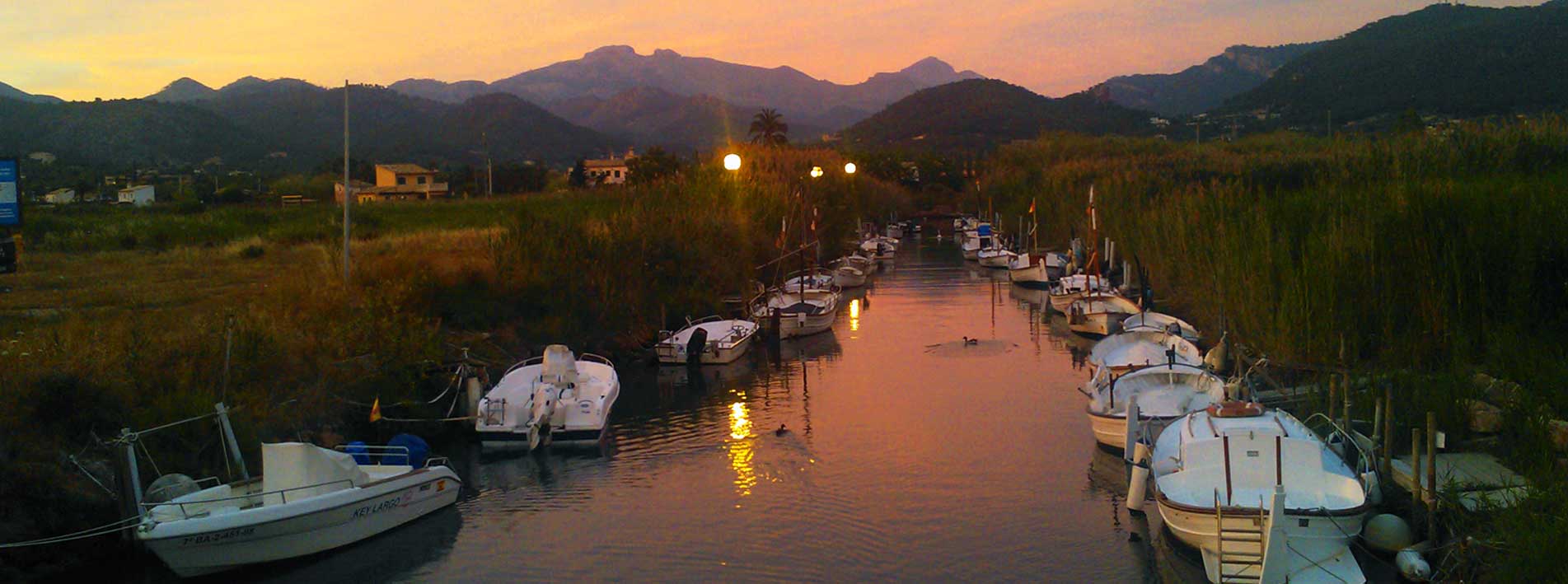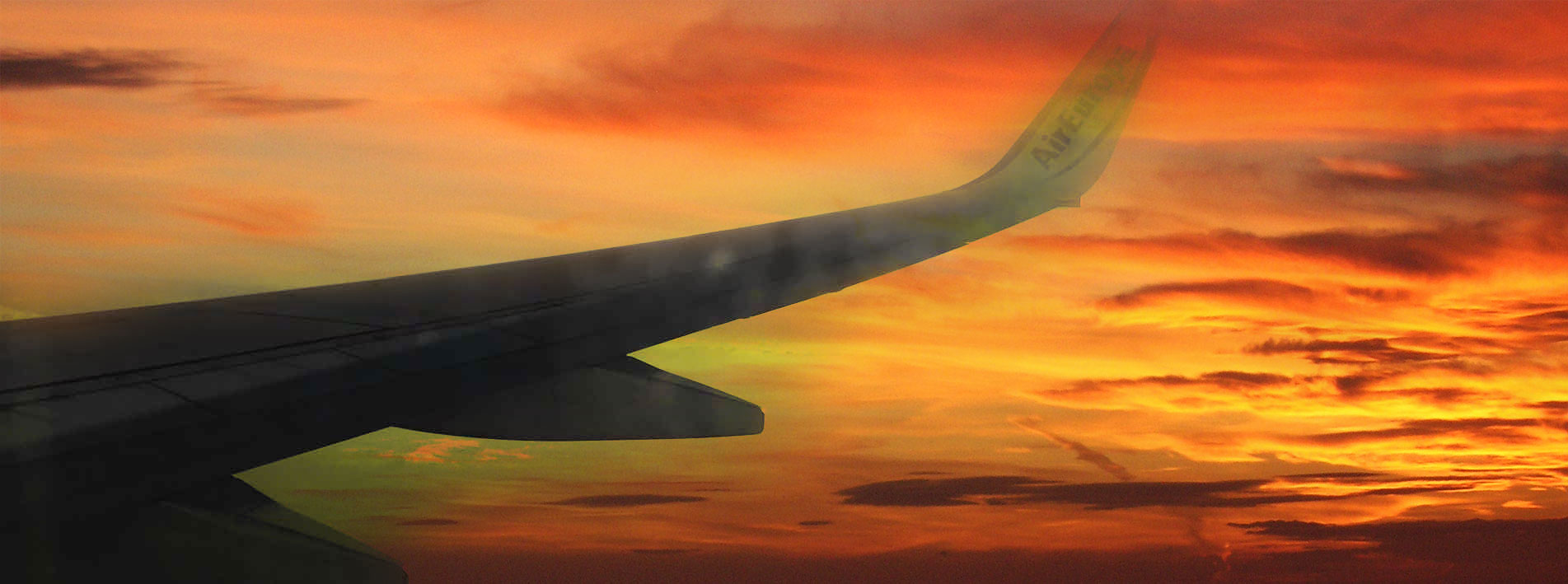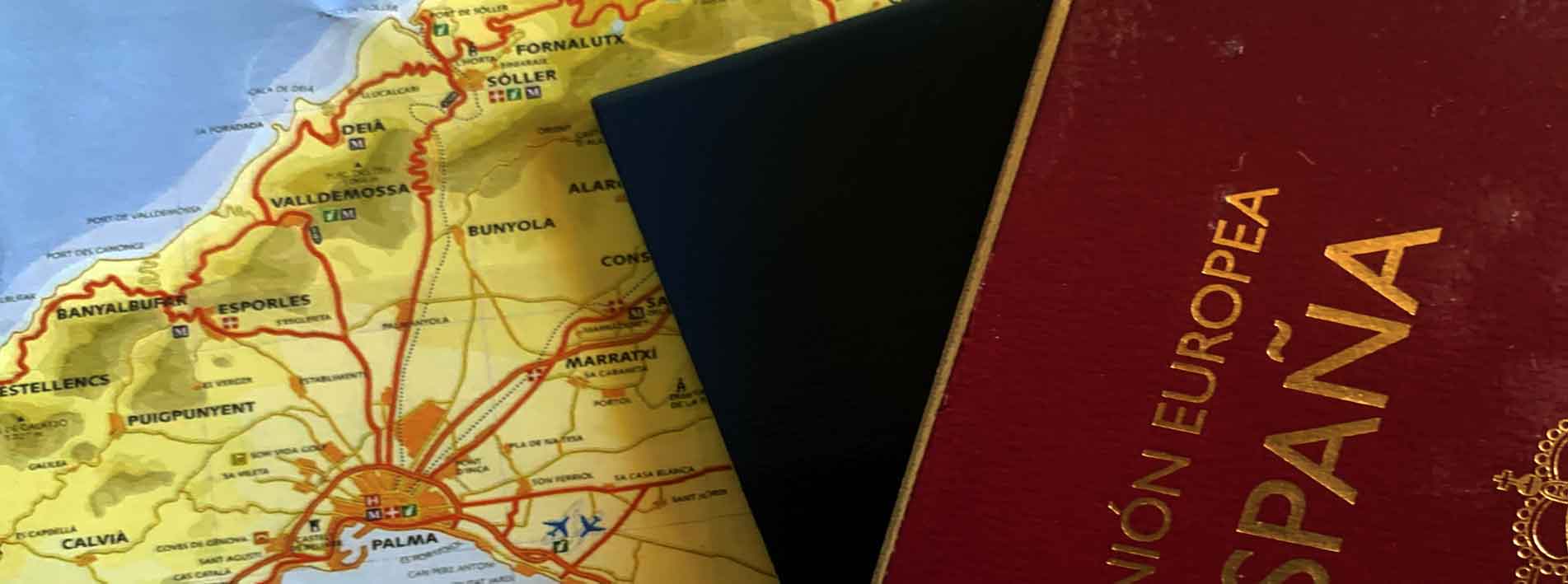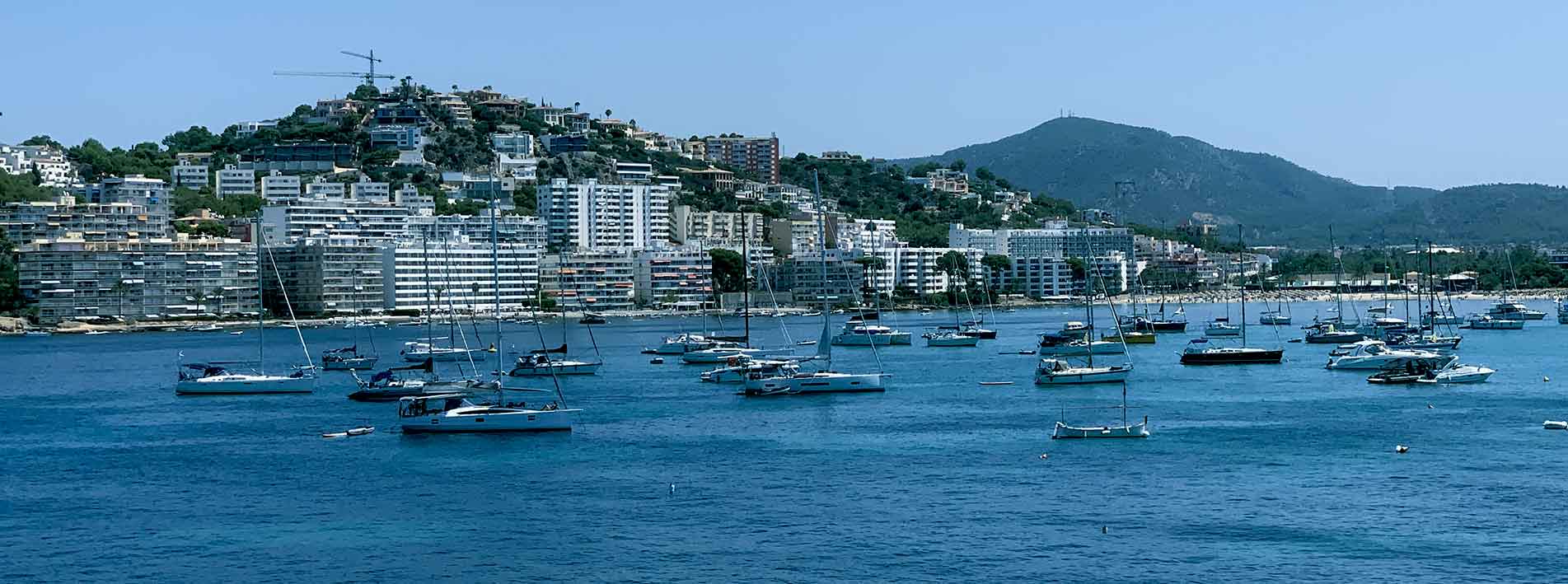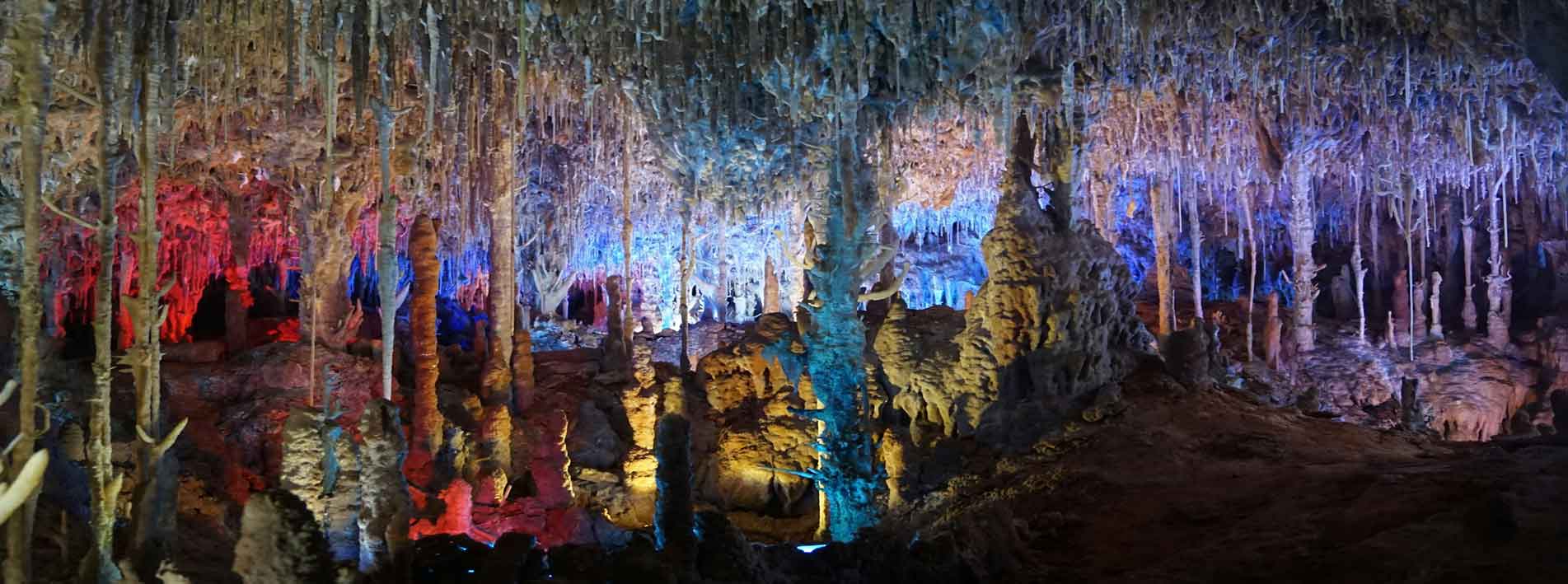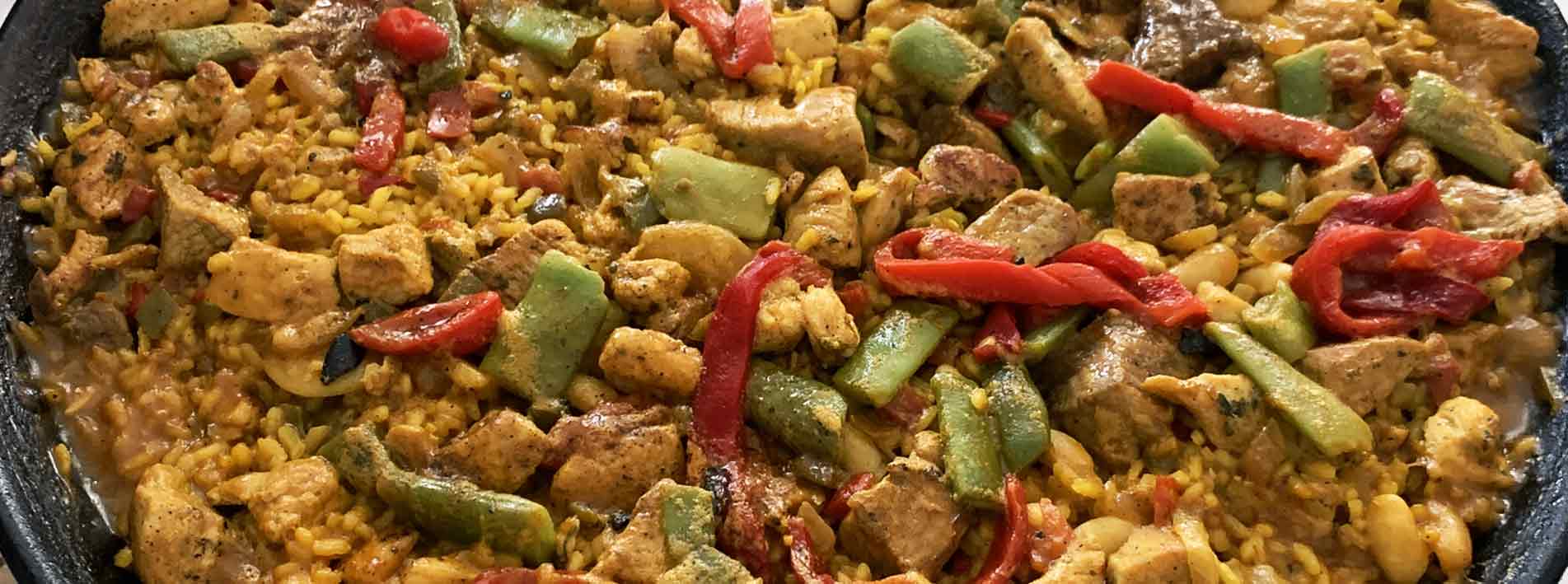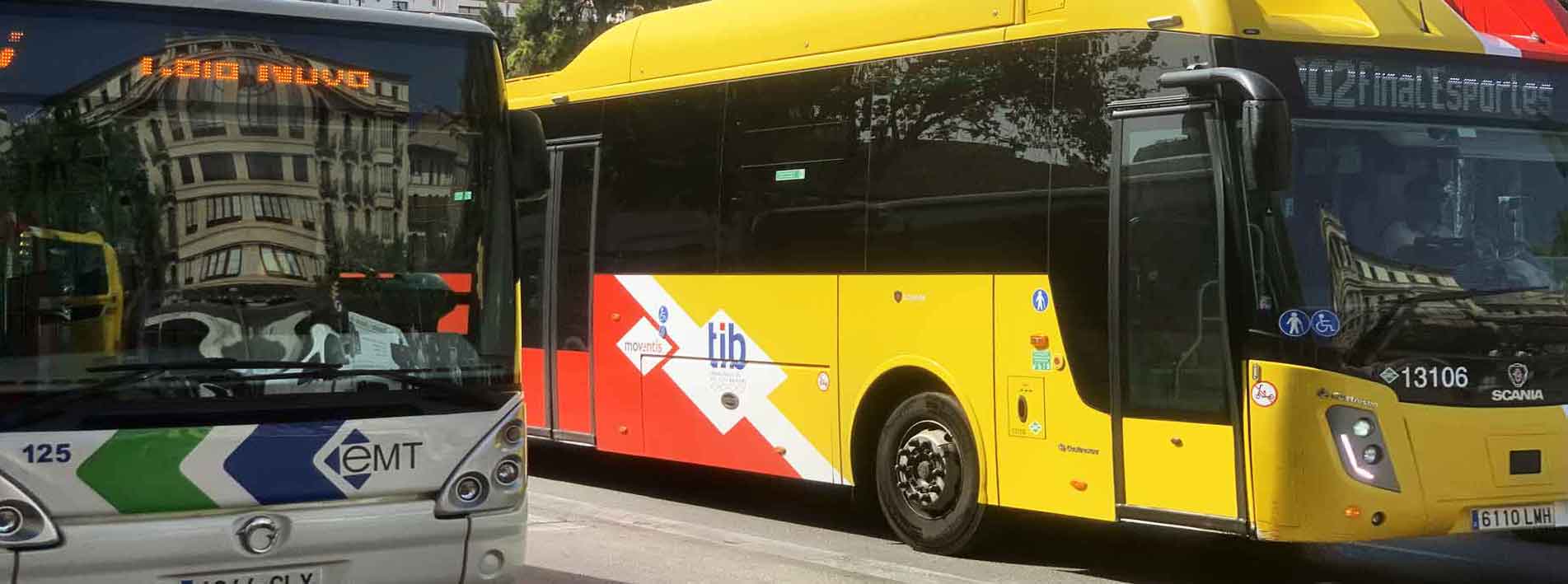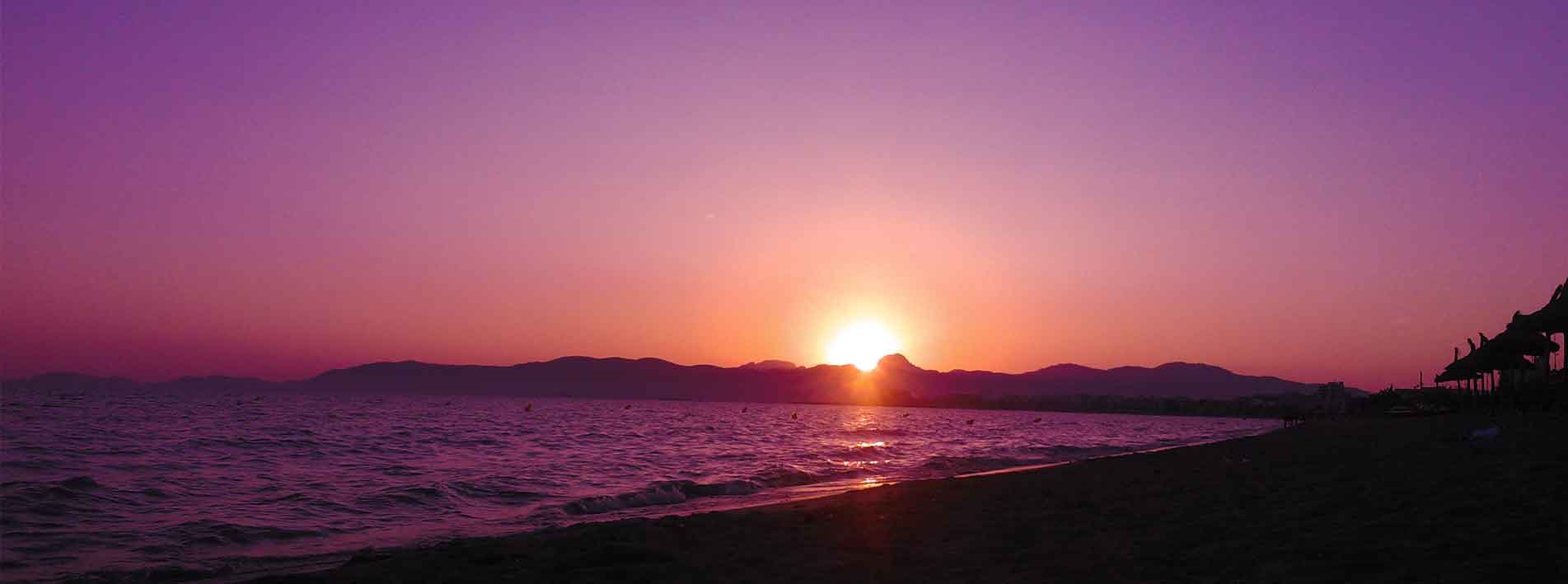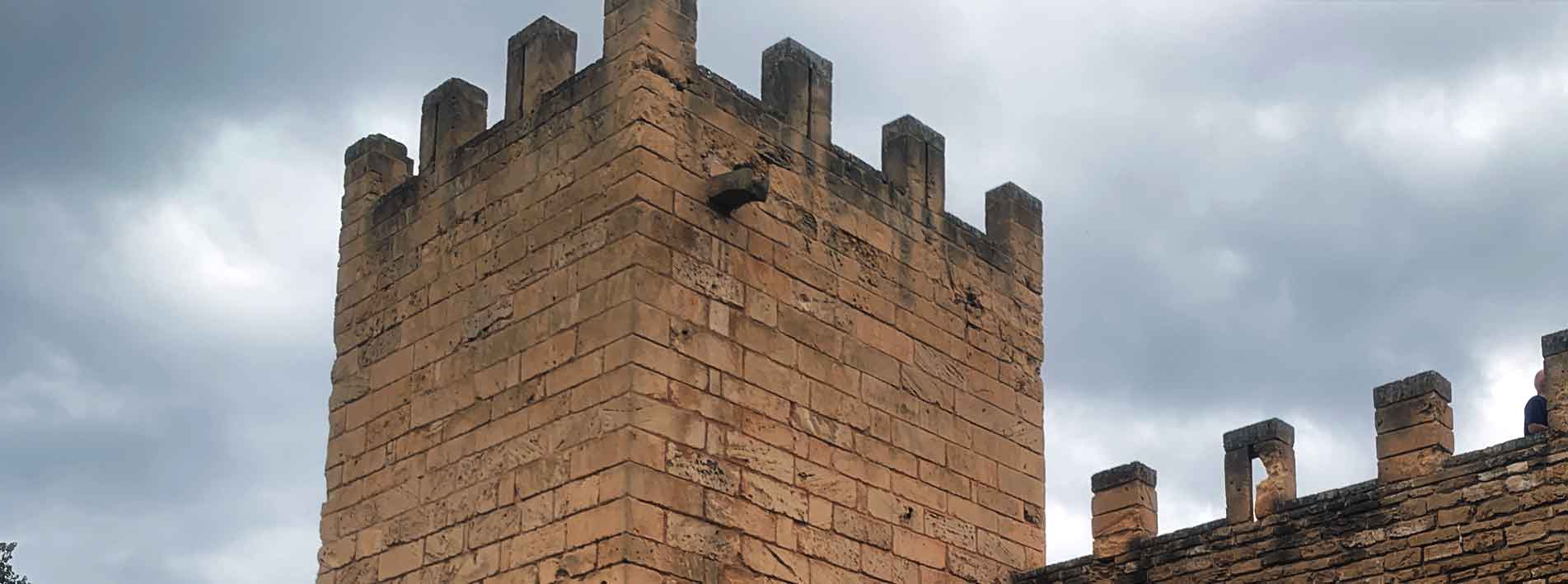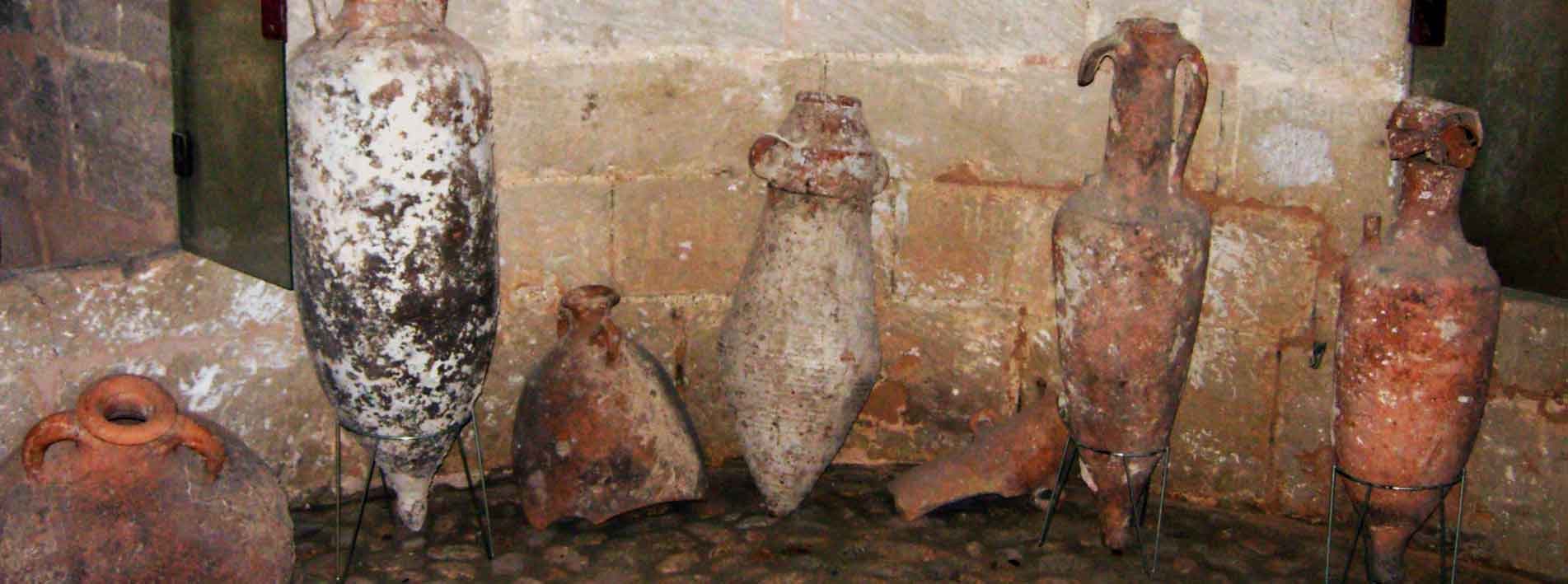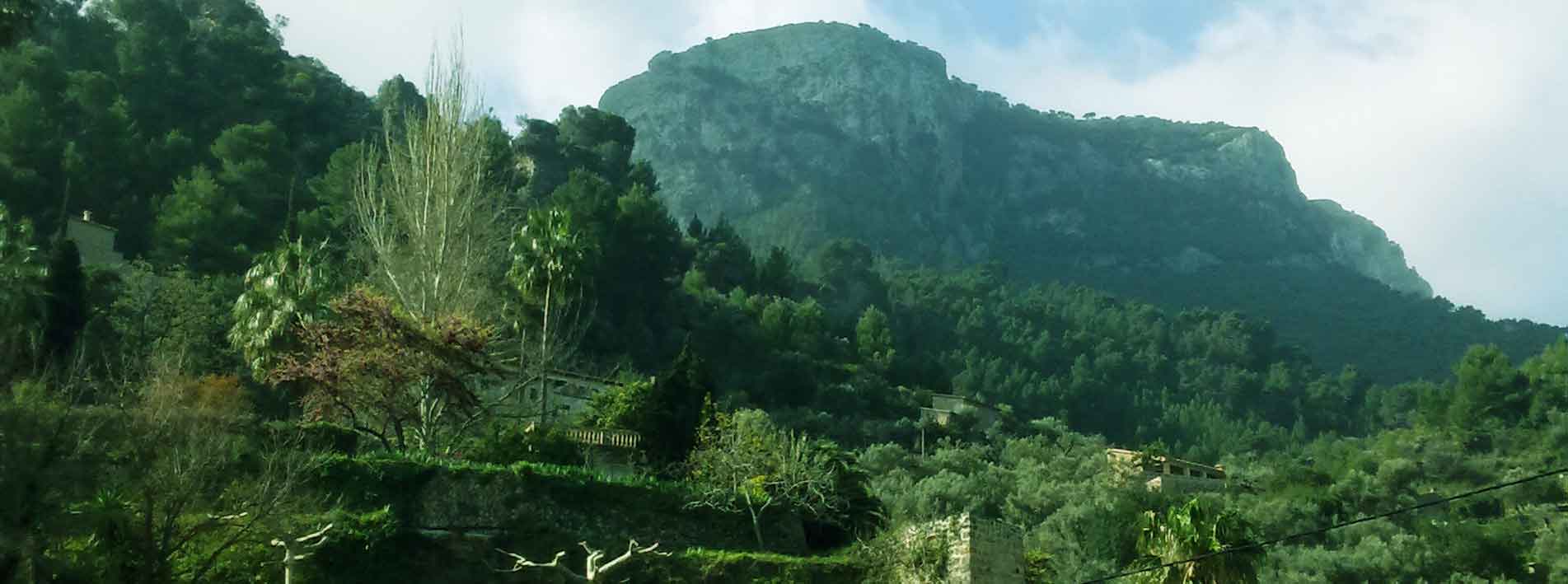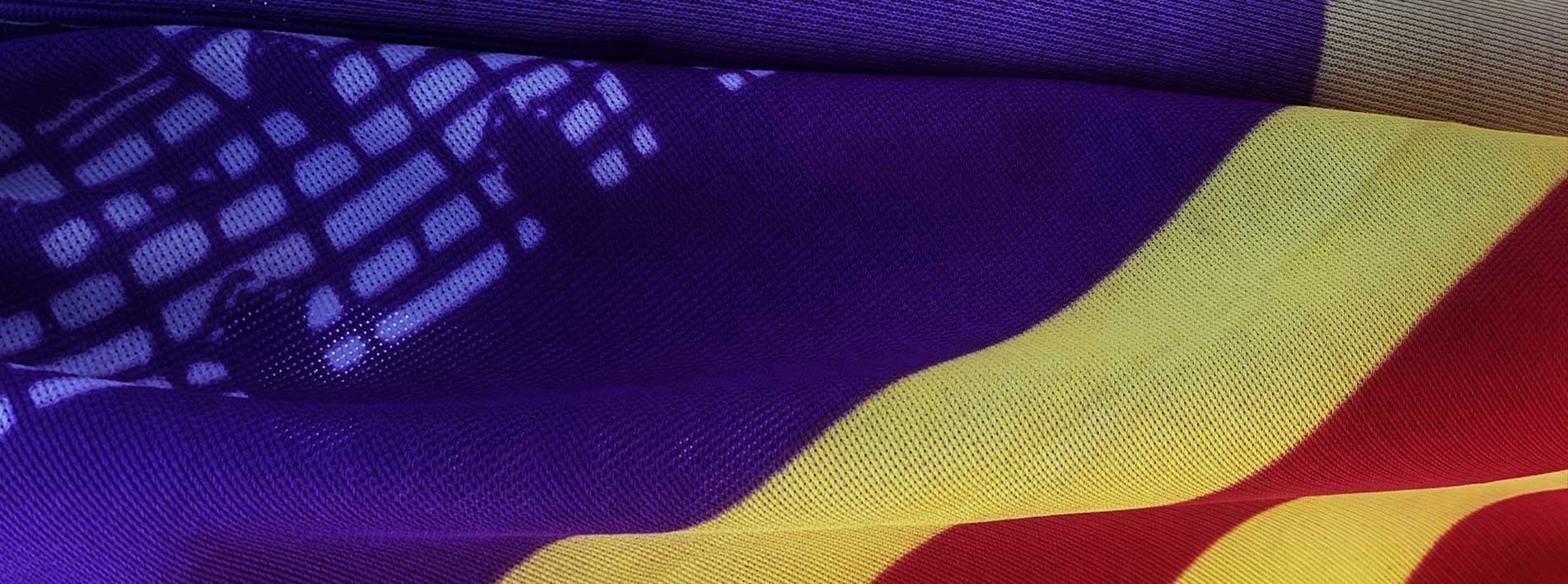Mallorca tourist information (Summary)
Mallorca is the largest of the Balearic Islands. It has a surface area of 3,600 km² and is located in the western Mediterranean, some 170 km from the Iberian Peninsula. Together with Menorca, Ibiza, Formentera and Cabrera – in addition to many smaller islands – they make up the Balearic Islands, one of the two archipelagos of the Spanish state. For more information see our travel guide to the island.
Tourist information on Mallorca: Autonomy and languages
Within the Kingdom of Spain, the Balearic Islands form an autonomous community with its own powers and an autonomous government. The official languages in the Community are Catalan and Spanish. However, Mallorquin, a slight Balearic variation of Catalan, is spoken in everyday life on the island. Mallorca has its own flag and even its own anthem, La Balanguera. More information about the official languages of Mallorca here
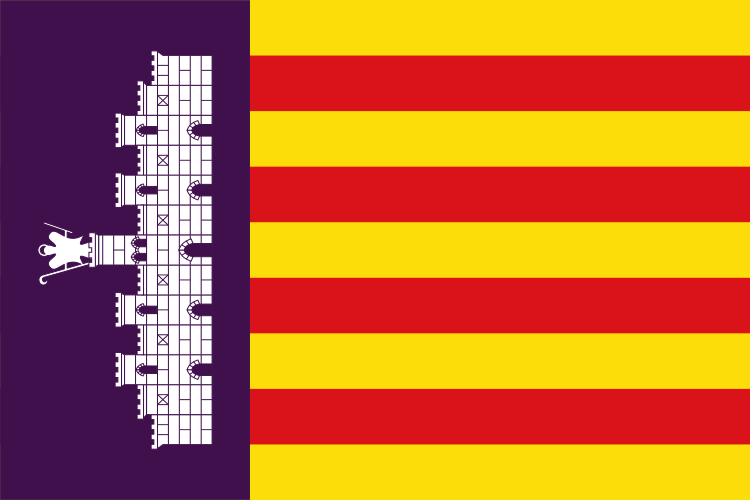
Mallorca tourist information: Inhabitants and population
Mallorca has about 850,000 inhabitants, mostly Mallorcans but also Spaniards and Catalans from the mainland, as well as many foreigners (Germans, British, Italians, French and other Europeans) who have gradually settled on the island over the last few decades. Due to the living conditions on the island, many Germans, British, Norwegians, etc. have a second home or enjoy their retirement in Mallorca, also motivated by the fact that Mallorca’s climate is extremely pleasant.
Time zone
As in the rest of Central Europe, the official time in Mallorca (and Spain as a whole) is: GMT+1 (‘Greenwich Mean Time’).
Tourist Information: Official Currency
As a member country of the European Union, the legal tender (official currency of the Euro zone) and of the Spanish State is the Euro.
VAT (Value Added Tax) and Tax Free
In Spain, Value Added Tax (VAT) is levied on all products and services. The rate of VAT varies according to the type of product to which it is applied. For travellers visiting the island who do not reside in the European Union, VAT can be reimbursed on leaving the country as long as they request a Tax Free Cheque to be stamped (before leaving the territory of the European Union), presenting the following documents: passport/residence card, the invoices coinciding with the goods purchased and the ticket with destination outside the European Union. Subsequently, the traveller must send the electronic reimbursement document endorsed by Customs to the supplier, who will refund the full amount paid within fifteen days by cheque, bank transfer, credit card or any other means that allows proof of reimbursement.
Tourist information: Tipping
In Mallorca (both among nationals and visitors) it is common to leave tips for services received (including free guided tours, taxis and others). This action is not official and there is no officially established percentage, but for a normal consumption in cafés, bars, restaurants and the like it is very common to leave at least 3-5 € per diner or user.
Ecotasa: Sustainable Tourism Tax (ITS)
Since 2016, Mallorca has applied the Sustainable Tourism Tax (ITS), commonly known as ‘ecotasa’, to all tourist accommodation. This percentage varies according to category; thus we have that: In 4-star establishments or tourist flats with 4 keys, €4 tax is applied per guest. In 3-star accommodation, €3 per guest and in tourist flats, tourist homes, rural accommodation and cruises, a tax of €2 per guest is applied.
Tourist information on Mallorca: Climate
The Mediterranean climate, the way of life and the hospitality of the Mallorcan people, who despite mass tourism have managed to preserve the island as a first-class holiday and tourist paradise, make many foreigners come to live in Mallorca. The summers here are very warm and the winters are usually mild and moderately sunny. In addition, spring arrives quite early and the landscape blossoms with new life, giving residents and visitors an enviable scenic spectacle. More information about Mallorca’s climate here.
Mallorca tourist information: Capital and cities
Palma, the capital of Mallorca in the Balearic Islands is one of the most beautiful and exciting cities in Spain. It is one of the many attractions of the island. Almost half of all Mallorcans live in Palma de Mallorca. In the city of Palma, the old town is very well preserved. The Cathedral of Palma de Mallorca (La Seu), the Palau de l’Almudaina, the Arab baths, the castle of Bellver and the marina, for example, are some impressive sites that you should not exclude from your sightseeing itineraries on the island. The city has an incredible amount of sites to discover, so you won’t have time for boredom here.
Mallorca Tourist Information: In the more touristy areas of the city you will find a lot of traffic and hustle and bustle, but also quiet and peaceful places to enjoy a beautiful sunset. On the coast of Palma you will enjoy long beaches and promenades. This is undoubtedly the heart of the island and the whole archipelago. The nights are exciting and long. Clubs, bars, restaurants and beach parties are always within easy reach. More information about the cities and municipalities of Mallorca here.
Mallorca tourist information: geography (Landscapes and natural surroundings)
Mallorca’s landscape certainly has nothing to hide. The natural environment in the rural areas is simply breathtaking. In the Serra de Tramuntana there are tranquil mountain landscapes with picturesque and peaceful villages that contrast with the rugged cliffs of its coasts and the lonely fishing villages that sit in the beautiful bays. The north of Mallorca in particular is still relatively quiet and offers plenty of space for relaxation. Fornalutx is considered the most beautiful village on the island, but there are many other villages and places that also retain the extreme beauty and uniqueness of the island. More information about the geography of Mallorca here.
Mallorca tourist information: Festivals and traditions
In the different villages or municipalities of Mallorca, local festivals and processions are celebrated throughout the year. Mallorca is predominantly Catholic and, as in the rest of Spain, many people remain very religious. Despite the millions of visitors, Mallorca still manages to remain true to its roots and thus attracts a wide variety of tourists.
Communication and climate: Living in Mallorca
Mallorca is especially attractive because it is very well connected to European cities and airports. Flight times to and from the Balearic island are relatively short. Like most of the countries of the European Union, Mallorca (Spain as a whole) enjoys free transit or free movement as a member of the Schengen area. This has facilitated the settlement of many foreigners on the island. Mallorca also has a good tourist infrastructure, which has been developed over many years of experience. It offers security and at the same time a certain exoticism for visitors coming from countries with long winter periods. More information about Mallorca’s climate here.
Tourist information: What to do and see in Mallorca
Whether you are travelling on your own or flying as part of a package tour, there are countless things to do and see in Mallorca. For locals and tourists alike, the island hides many places of historical and cultural interest for you to discover. Active tourism in Mallorca is absolutely guaranteed. Here you can find a wide range of activities for all tastes and interests.
Attractions in Mallorca are available all year round and if your concern is what to do in Mallorca, then you could start with: Hiking (especially nice during the almond blossom season), cycling (cycle touring), climbing, golf, diving, sailing, surfing, motorbikes and other water sports, paragliding, scuba diving and snorkelling and many other excursions that you can book….
These and many other reasons have convinced millions of people to visit Mallorca every year. Everyone loves our beautiful island and we are sure that you will fall in love with it too. Be sure: once you experience it for the first time… you will come back again. Mallorca Tourist Information.
Welcome to Mallorca We wish you a good trip and a wonderful holiday!
Other information: Important phone numbers in Mallorca
We hope not but below you will find a couple of phone numbers that you might occasionally need in Mallorca
Emergency Services Phone: 112
Call 112 (Emergencies)
Ambulance Medical Emergencies Phone: 061
Call 061 (Urgency)
Civil Guard Phone: 062
Call 062 (Civil Guard)
National Police Phone: 091
Call 091 (National Police)
Local Police (Palma): 092
Call 092 (Local Police)
Fire Department (Palma): 080
Call 080 (Fire Brigade)
Fire Department (Mallorca): 085
Call 085 (Fire Brigade)
Sources:
SpainInfo: Official Tourism Website of Spain
Tourism Strategy Agency of the Balearic Islands (AETIB)
Palma de Mallorca Tourism Foundation 365


